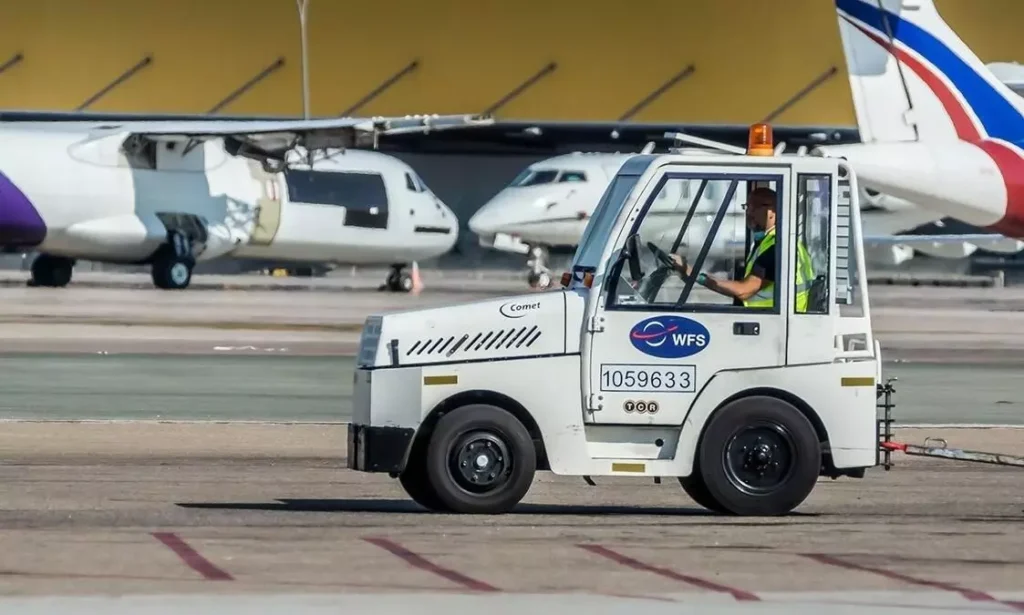Worldwide Flight Services (WFS), part of the SATS Group, is set to achieve an impressive 80% reduction in carbon emissions from its ground support equipment (GSE) at Paris Charles de Gaulle Airport (CDG) through the adoption of biofuels. Beginning this month, WFS will transition its GSE— which includes tow trucks, self-propelled aircraft stairs, ground power units, loaders, aircraft pushback vehicles, baggage belt loaders, cargo transporters, and air start units— to biofuel. This fleet supports over 2,850 flights annually at the airport, highlighting the significance of this initiative.
WFS plans to consume more than 400,000 liters of HVO 100 biofuel from Campus, a member of the Avia Group, to meet 82% of its yearly GSE energy requirements. HVO 100 is a renewable diesel sourced from waste materials such as animal fat, industrial waste, and wastewater, making it an environmentally friendly alternative to conventional fossil fuels.
Laurent Bernard, Country Manager for France at WFS, emphasised that this biofuel deployment represents a significant step towards meeting SATS’ environmental, social, and governance (ESG) priorities. “The use of biofuel is a plug-and-play solution, allowing us to responsibly source sustainable fuel without the need to modify our GSE fleet,” he stated.
This initiative follows WFS’s successful trial of HVO biofuels at London Heathrow in July, in alignment with the airport’s goal of transitioning all vehicles to zero-emission or biofuel sources by 2030. WFS’s commitment to sustainability not only benefits its operations at Paris CDG but also contributes to broader efforts in the aviation industry to reduce carbon footprints.







